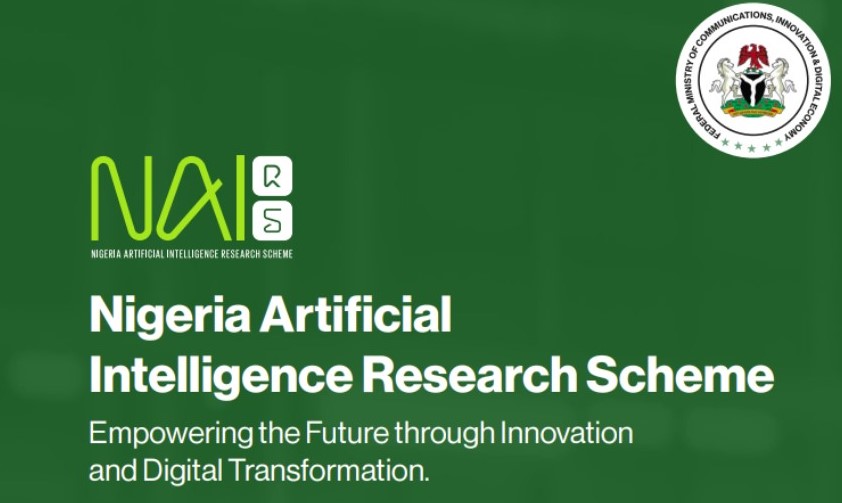Nigeria’s Federal Executive Council (FEC) has approved the establishment of the National Artificial Intelligence (AI) Trust, reinforcing the country’s ambition to become a global leader in AI development.
The announcement was made by the Minister of Communications, Innovation, and Digital Economy on Wednesday.
Read also: Harnessing technology to combat Female Genital Mutilation in Africa
The Trust will consist of 10 AI experts, along with the Honourable Minister of Communications, Innovation & Digital Economy and the Honourable Minister of Science, Innovation, and Technology. Its role will be to oversee and guide Nigeria’s AI initiatives, manage resources, and ensure the country’s AI development stays on track.
AI’s potential to boost job creation and foreign investment
Recognising AI’s transformative potential in driving job creation and attracting foreign investment, the Trust will focus on future-proofing Nigeria’s AI-related investments across key economic sectors.
The Minister stated, “As we continue to prioritise Connectivity Infrastructure and Artificial Intelligence, these approvals are further indication of the recognition by President Bola Ahmed Tinubu’s administration of the importance of our sector to accelerating prosperity for our people.”
Read also: Morocco introduces “Generation AI” to boost digital skills for 1000 SMEs
Bridging digital divide
Similarly, the Federal Executive Council (FEC) also approved the establishment of the Nigeria Universal Communication Access Project under a Private-Public Partnership (PPP) finance model, which supports the country’s wider connectivity goals under the Infrastructure pillar of its Strategic Blueprint.
The initiative which complements the country’s 90,000km Fibre Fund project, will connect nearly 21 million people in 4,834 villages in Nigeria that lack access to the most basic mobile communications, especially in distant rural regions.
“Access to connectivity is a service that many of us take for granted, so delivering additional base stations to cater to unserved and underserved areas will ultimately contribute to improving quality of life for more of our fellow citizens,” said the Minister.
















